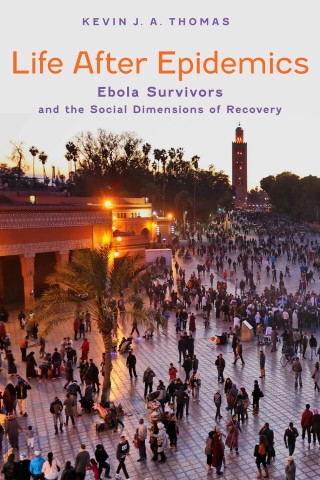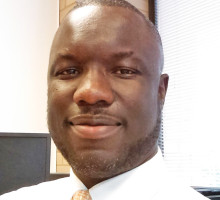
Reviews
An important book that meets our current moment in global health. Drawing on firsthand accounts of survivors of the 2014 West African Ebola epidemic, Thomas makes a compelling case for a greater focus within global health on the social—not just medical—response to epidemics.
Thomas offers a wholly original account of the Ebola epidemic in West Africa by focusing on the long process of recovery and asking, 'When does it end?' The question is profound, and Thomas's data are nothing short of amazing. Well-conceptualized, accessible, and beautifully written.
Examining the global and local dimensions of the Ebola crisis, Kevin Thomas argues, requires moving beyond cosmetic public health problem-solving measures by deploying complex social dynamics to resolve the crises of poverty, social stigma, and alienation. A major trailblazing tour de force despite the Machiavellian times in which we currently live!
Book Details
Table of Contents
Dedication
Acknowledgements
1. Beginning Life at the End of Epidemics
2. Social Determinants of Recovery
3. Family Life in the Aftermath of Ebola
4. The Health Consequences of Prior Ebola
Table of Contents
Dedication
Acknowledgements
1. Beginning Life at the End of Epidemics
2. Social Determinants of Recovery
3. Family Life in the Aftermath of Ebola
4. The Health Consequences of Prior Ebola Infection
5. The Stickiness of Stigma
6. Livelihood Strategies and the Economic Consequences of the Epidemic
7. Beyond Medical Responses






